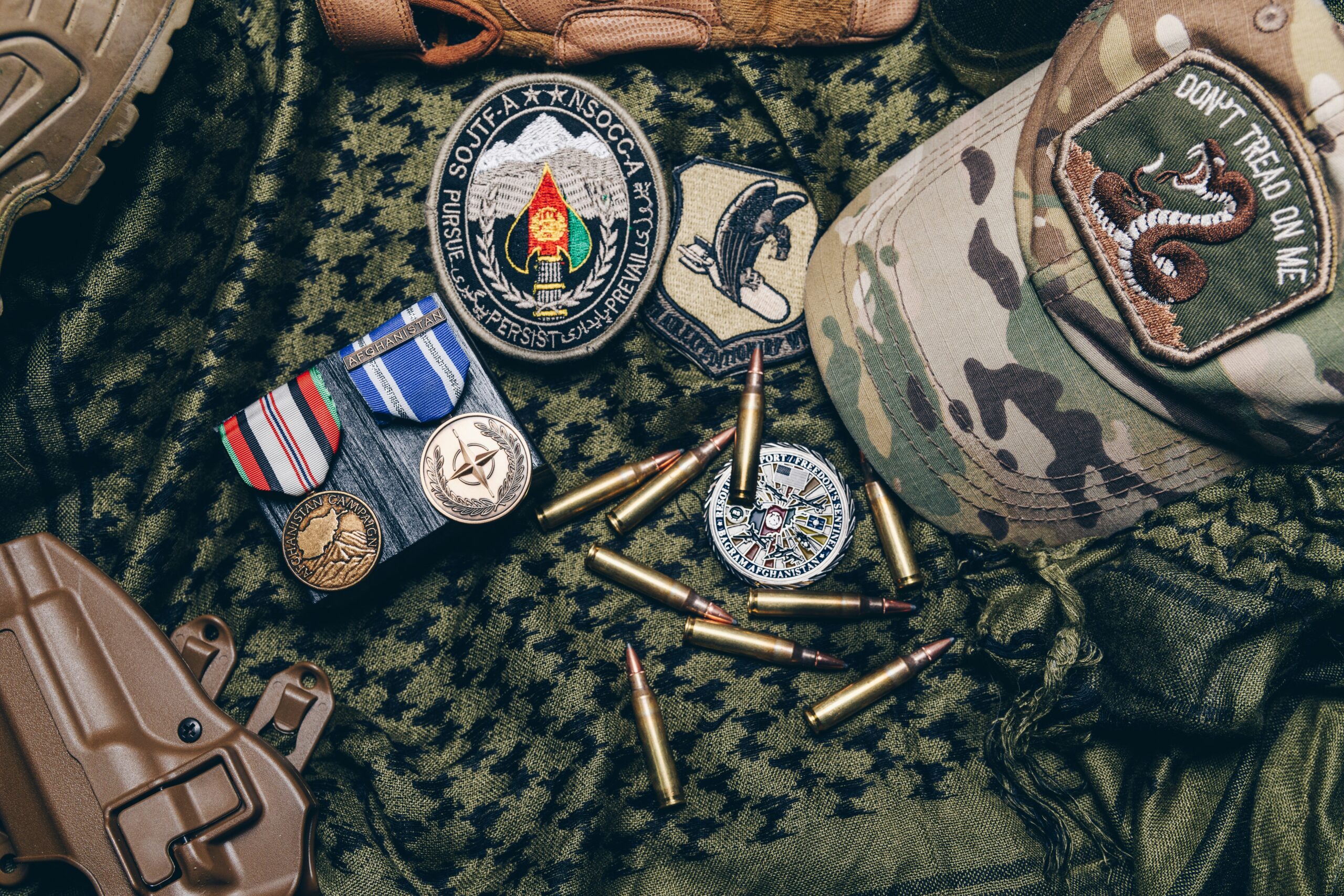
Military experience and business education may seem like two very different paths. Still, many veterans find combining the two can provide a unique advantage in today’s competitive business world. The transition from military service to civilian life can be challenging, but pursuing an MBA (Master of Business Administration) can be valuable in leveraging military skills and experiences for business success. For those who have served in the military, the discipline, leadership, and strategic thinking developed during their service can complement the business acumen gained in an MBA program. In this article, we explore how military experience and business education can be harmonized to foster success in the business world.
The Military Advantage: Leadership and Discipline
Military experience is often viewed as a valuable asset in business because it equips individuals with crucial skills essential for leadership and success. The military instills a sense of discipline, resilience, and a strong work ethic—highly prized in the business world. For veterans, these attributes offer a solid foundation for managing complex projects, leading teams, and making critical decisions in high-pressure situations. Many MBA programs actively seek veterans because of these qualities, knowing they bring a unique perspective to the classroom and the boardroom.
In addition to discipline and resilience, military service teaches the importance of teamwork and communication. Individuals must rely on their teams in combat and operational settings to accomplish objectives and ensure success. These lessons translate well into business environments, where collaboration and clear communication are essential to achieving organizational goals. Veterans who enter MBA programs often find that their military background allows them to lead groups and handle the stresses of group dynamics naturally. This experience is invaluable, especially in leadership roles, where the ability to unite people around a common goal can make a significant impact.
The MBA Experience: Acquiring Business Knowledge and Strategic Thinking
While military experience provides a solid foundation for leadership and decision-making, an MBA education offers the business knowledge needed to succeed in today’s rapidly changing marketplace. MBA programs focus on core subjects such as finance, marketing, operations management, and entrepreneurship. These disciplines allow veterans to gain the business skills necessary to navigate the complexities of the corporate world and drive growth in various industries.
MBA programs are also designed to sharpen strategic thinking and problem-solving abilities, areas where military experience is directly applicable. Just as military leaders must plan missions with precision and foresight, business leaders must develop strategies that anticipate market trends, customer needs, and competitive threats. MBA coursework often emphasizes the importance of strategic analysis, market positioning, and competitive advantage—all skills veterans can build on based on their experience in mission planning and execution. Through case studies, group projects, and real-world business simulations, veterans can strengthen their ability to think critically and solve complex business problems like they tackled challenges in their military careers.
Translating Military Experience into Business Contexts
One of the key challenges for veterans pursuing an MBA is translating their military experience into a business context. While the skills gained in the military are undoubtedly valuable, they don’t always directly align with the language or expectations of the business world. For example, a leader who has commanded troops in combat might struggle to explain their experience in terms that relate to a corporate hiring manager or business professor. This is where an MBA can help veterans bridge the gap by teaching them how to frame their experiences to demonstrate their relevance to business practices.
Veterans may find it beneficial to focus on transferable skills such as leadership, project management, and problem-solving. For example, an individual managing a military operation can draw parallels to a corporate project. At the same time, an officer who directs teams in high-pressure situations can highlight their ability to lead a team during a business crisis. By adapting their military language to business terminology, veterans can effectively communicate their expertise and show how their background gives them a competitive edge in the business world. MBA programs often include career services and mentorship programs that help veterans translate their military experience into business language, ensuring they can apply their skills to new challenges in the corporate sector.
The Synergy Between Military Experience and Business Education
For veterans, combining military experience and an MBA can lead to a robust skill set highly valued in the business world. The leadership, strategic thinking, and discipline developed in the military provide an excellent foundation for tackling business challenges. In contrast, an MBA provides the business knowledge and tools necessary for success in the corporate world. By integrating their military experience with the academic and professional lessons learned in an MBA program, veterans can unlock new career opportunities and make meaningful contributions to businesses across various sectors.
The journey from military service to business leadership is not without its challenges, but the synergy between these two paths can offer veterans a unique edge in the business world. The ability to think strategically, lead confidently, and adapt to new environments is just as valuable in the boardroom as on the battlefield. With the right combination of military discipline and business education, veterans can lead purposefully, drive innovation, and excel in today’s fast-paced business landscape.